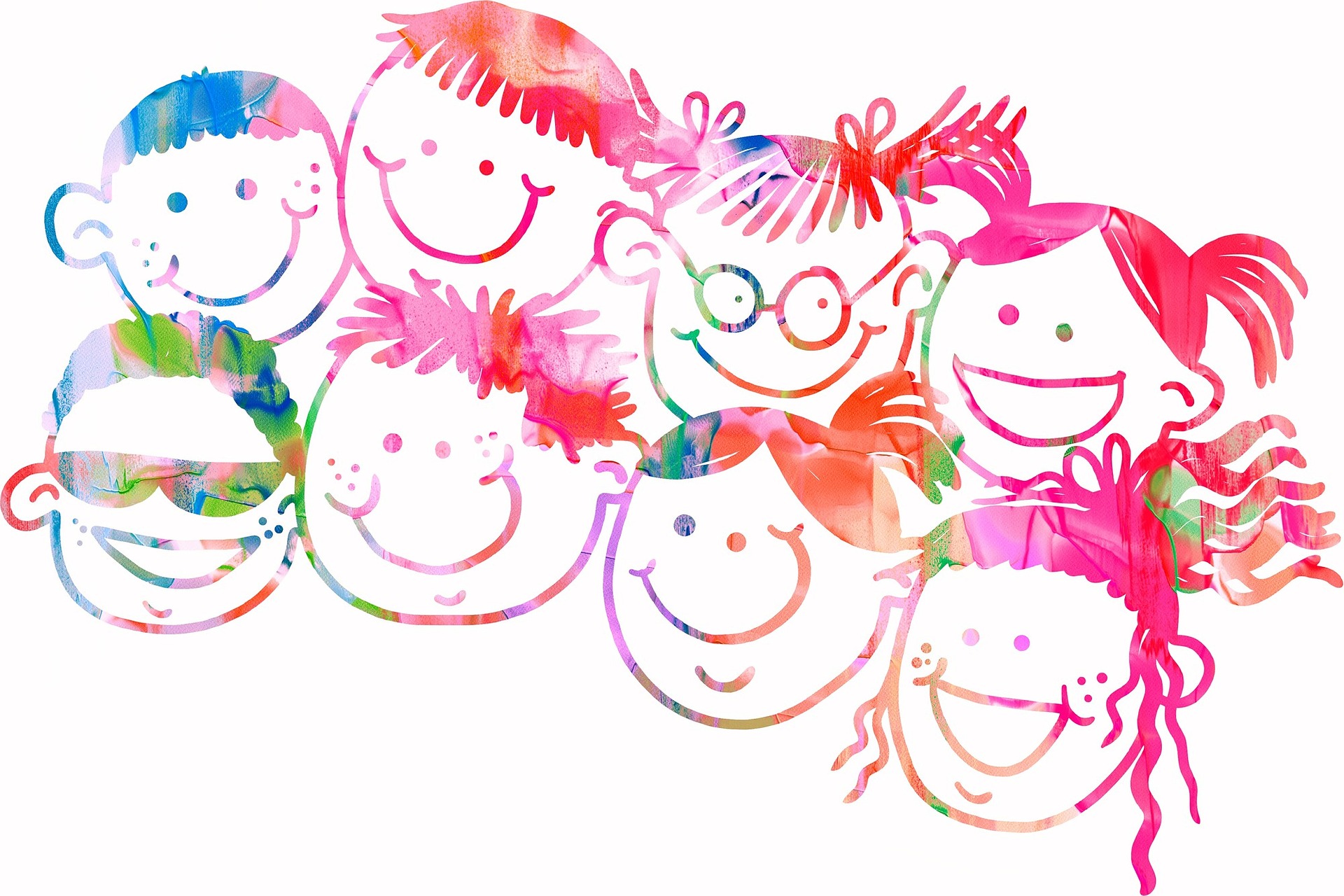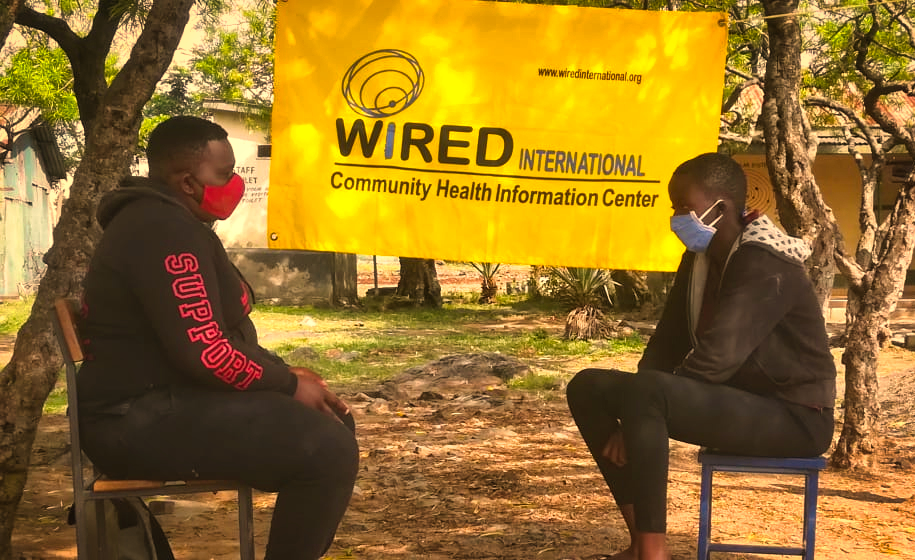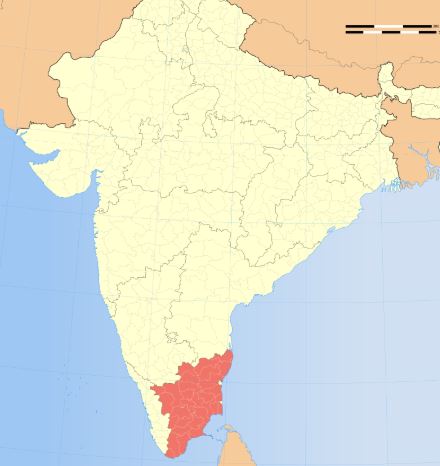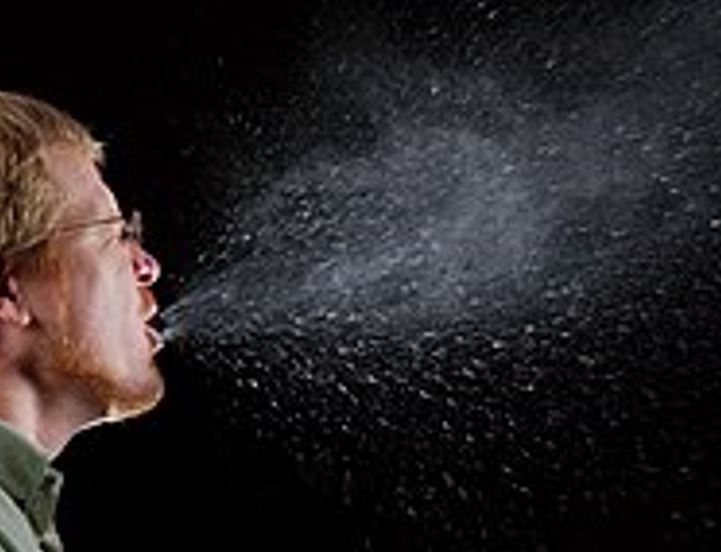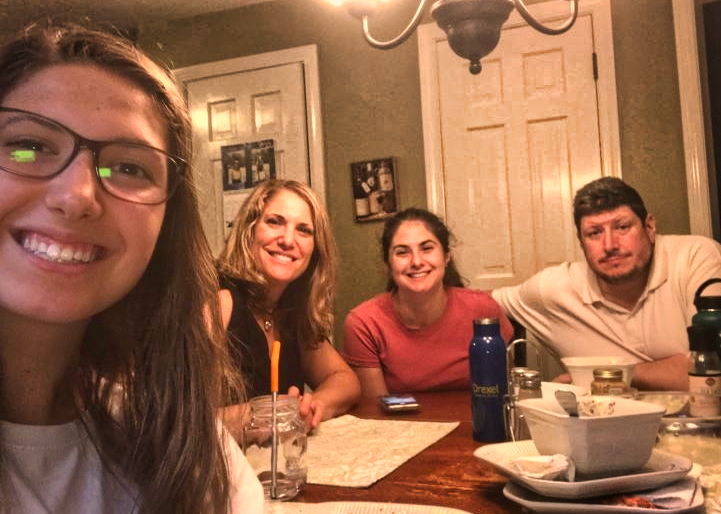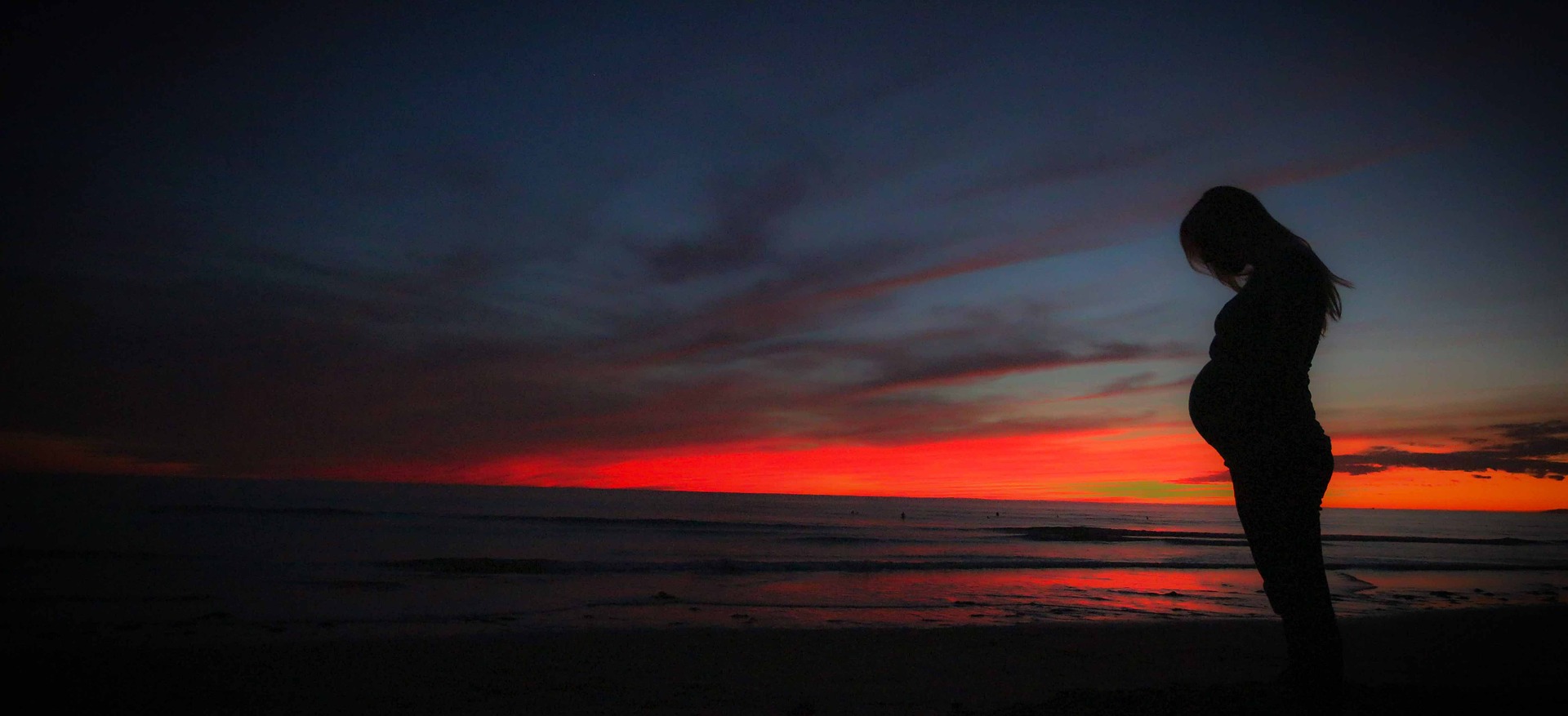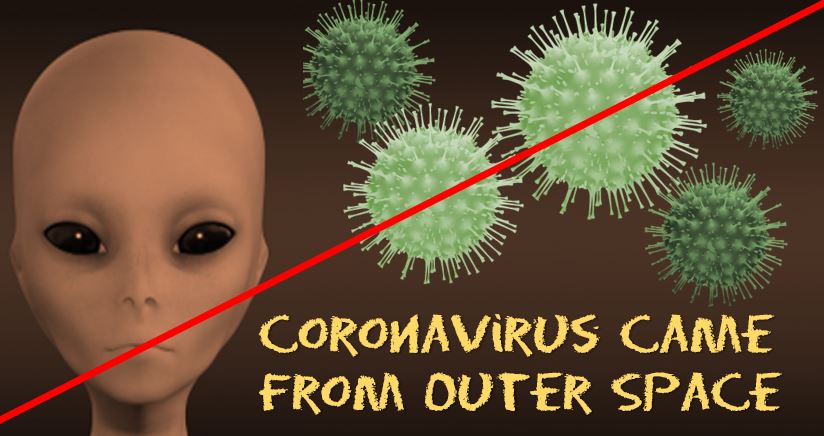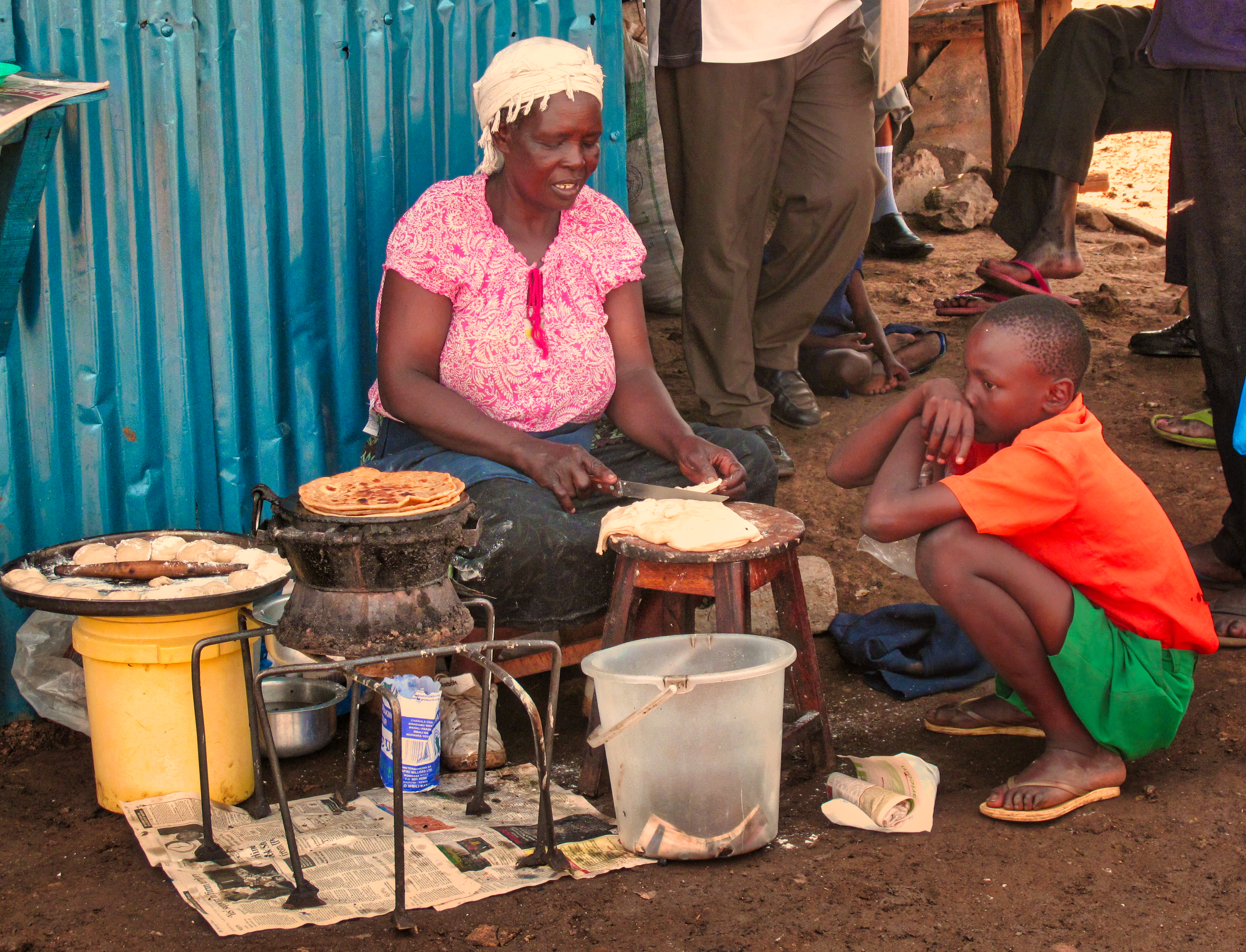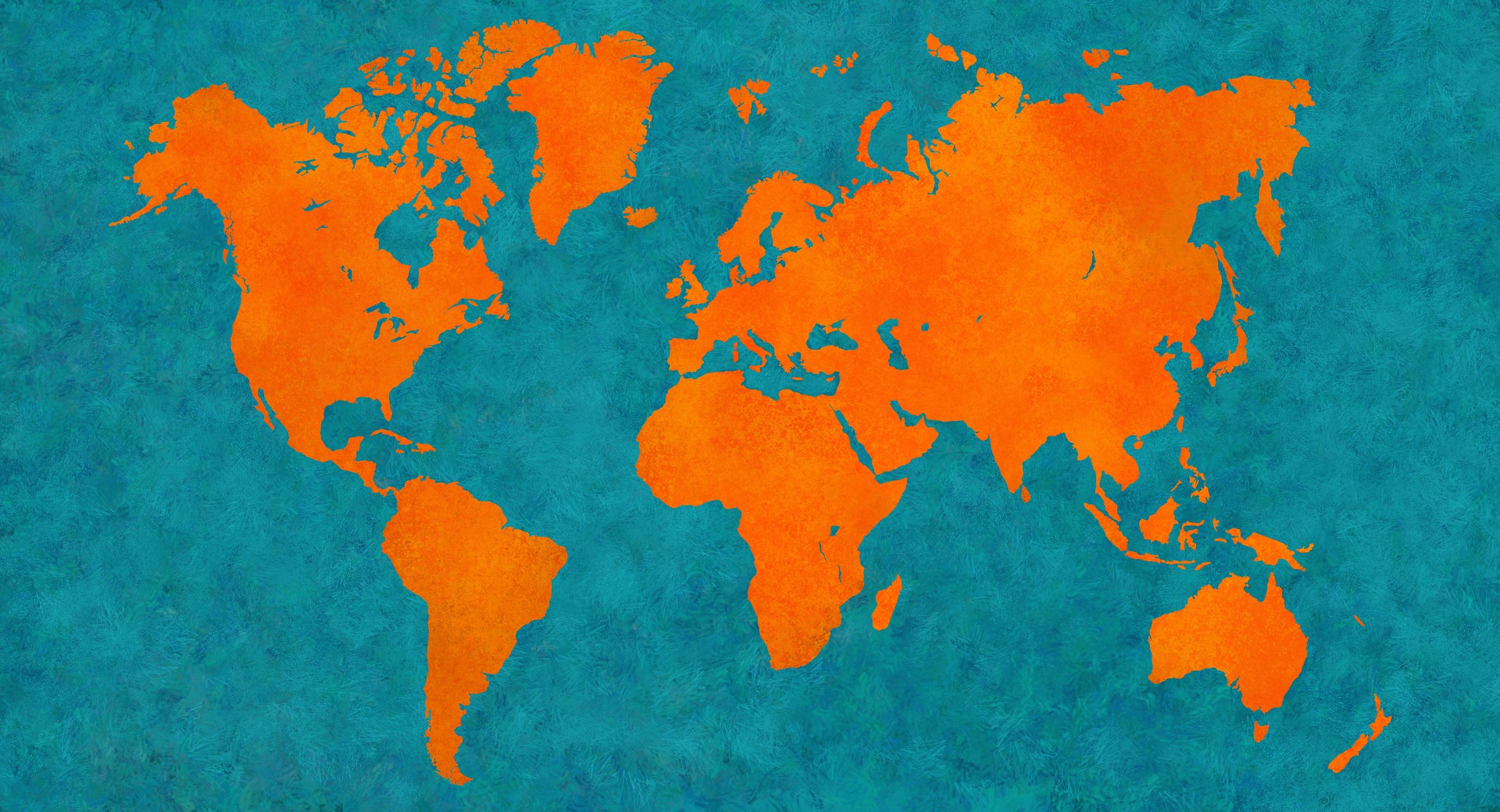Smile Back at WIRED
Posted onThe summer is fast coming to a close, but you can help support WIRED International into the fall and beyond by signing up for AmazonSmile.
Buying through AmazonSmile costs you nothing more. By shopping through AmazonSmile, 0.5% of the price of your purchase will be donated directly to WIRED by Amazon. The percentage taken out of each purchase can go a long way in expanding WiRED’s work in low-resource areas of the world — especially through our Community Health Worker Program — as COVID-19 and other serious diseases continue to batter these underserved populations.

